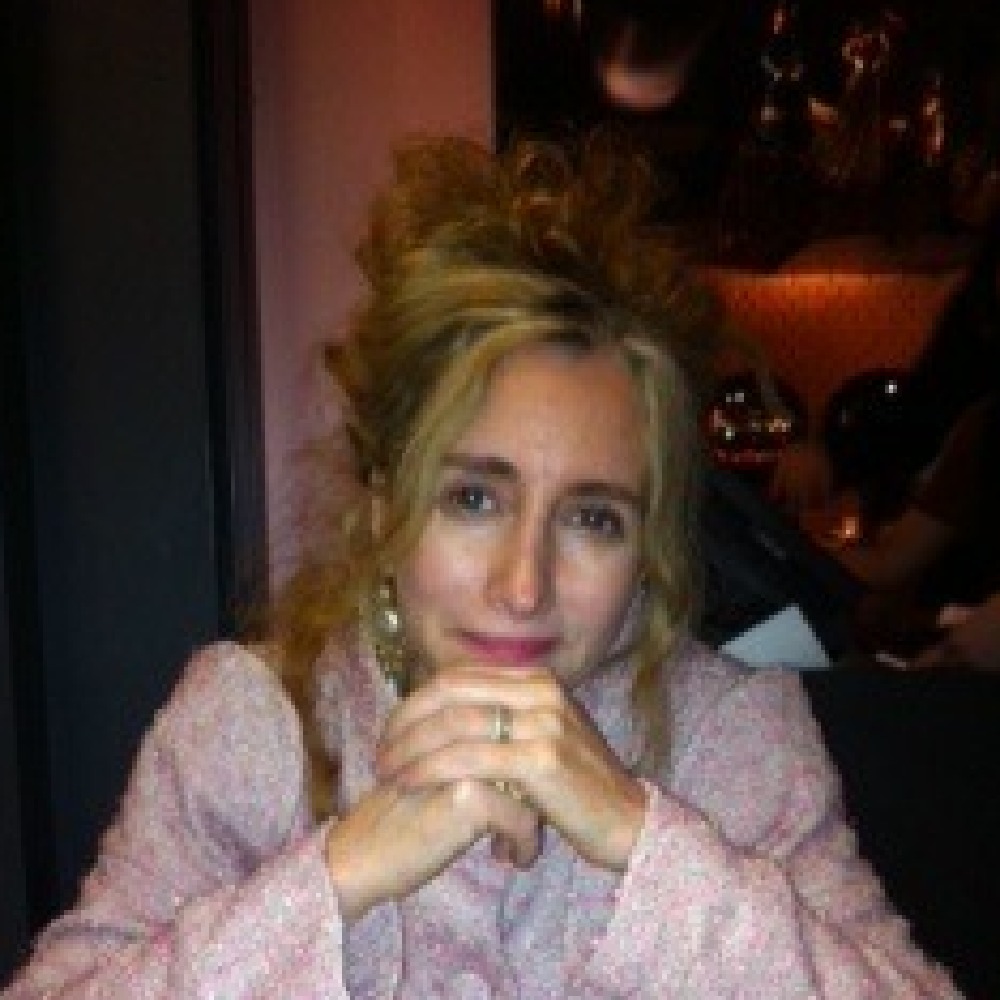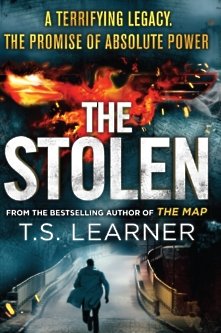
TS Learner

THE STOLEN starts with a raid on a Gypsy camp in 1943, a young Nazi officer in pursuit of art plunder and obsessed by an ancient Roma relic, raids a Gypsy camp killing the leader and all his family except for his beautiful twelve year old daughter…cut to Zurich 1982, 38 year old physicist and widower Matthias is about to discover some very dark secrets about both his so-called family and his own identity…
Like my other TS LEARNER thrillers (Sphinx, The Map) The Stolen explores profound issues within a gripping and entertaining narrative. It covers the Roma experience of the holocaust, Nazi plunder, complex father/teenage daughter relations, war crimes, Swiss collaboration with the Nazis and what it means to discover you are not who you thought you were…
It also covers some physics, my hero is on a quest to enable superconductivity at room temperature - this is one of the holy grails of physics – if it happened it would solve the world energy crisis virtually overnight and revolutionize transport and manufacturing – think Blade runner and those marvelous transport gravity-defying cars.
You were born in the UK but moved to Australia for many years so what drew you there?
Both my parents were originally Australian (although neither were Australian-born) after my father’s sudden death I joined my mother and the rest of the family when I was 17, making me a hyphen – English-Australian, which is how I feel.
Why do you divide your time now between London, California and Sydney? What is about these locations that appeals to you?
I lived in Los Angeles in the 90’s and early noughties so I still have a community there; California is really a sanctuary for me, a place to focus on the rewrites (of which I do many). I also really like the
American can-do attitude. I also have a different readership there: more the erotica and historical fiction titles.
London – what can I say? Frankly London is currently the cultural centre of the world, as far as I’m concerned – really coming of age – a little like Paris during the raise of the Impressionists. The multiculturalism, the actual geography of the city all makes it uniquely dynamic. I am, at heart, a total Londoner.
I have a house in Sydney as well as friends and family. Sydney is one of the most beautiful contemporary cities that I know; a city full of nostalgia and memory for me. Again, it is more a retreat than an inspiration creatively -
Your books have been compared to Kate Mosse and Dan Brown, so how does that make you feel?
Understandably complimented, I suspect it’s the element of mysticism (a little Kate Mosse) and the pace (Dan Brown). But I also am strongly influenced by writers such as Robert Harris, John le Carre and Alan Furst as all my thrillers are historical, quests oriented around a mystical object or text linked to a political minority living under a repressive regime. Doesn’t sound sexy but I promise you they are!
Please tell us about your research process for the book.
I went to the Roma Sara de Kali festival in the Camargue, France to interview some Kale (Spanish/French gypsies) then finally decided to place my story in the Kalderash community (traditionally coppersmith and gold workers – Roma based in Romania and the Ukraine) then ended up traveling through rural Romania with a fantastic gypsy poetess and documentary-maker Luminita Cioaba to interview members of her community who had survived the holocaust. I also visited Zurich to interview both watch manufacturers, a historian on the art plunder laundered through Switzerland. The Roma foundation of Zurich were also extremely helpful with the correct anthropology. I strive to be as historically accurate as possible, although, of course, I have taken some liberties - the actual holy relic for example is fictional. As my own Jewish great grandfather and my great uncle perished themselves in the holocaust (he was eight at the time) it was personally important to be able to tell of the Roma experience of the holocaust, which is not as well known. The Romanian trip was understandably very emotional for me, and it was a great honor to be allowed into the community as I was. In relation to the science I was helped by a great physicist at the Cavendish institute at Cambridge University, Professor Saxena, who specialized in superconductivity.
What made you want to write a book about Zurich at this time?
I started with the notion of a wealthy heir of a Swiss watch dynasty on a journey of challenging discovery in both relationship to his own ethnicity but also having to confront some very dark secrets about his immediate family – I also cover the hypocrisy over the Nazi art plunder and gold that was consciously laundered through both Swiss banks and art galleries both at the end of the war and after. Recent revelations of Nazi art plunder has illuminated all of this. The fact that the Roma lost gold to the Nazis has never really been addressed.
What is next for you?
My next TS Learner thriller will be set around the Hungarian revolution of 1956 and will be ‘starring’ August Winthrop – my hero of ‘The Map’. I am also working on an erotic thriller set in the art world of NY in 2006.

